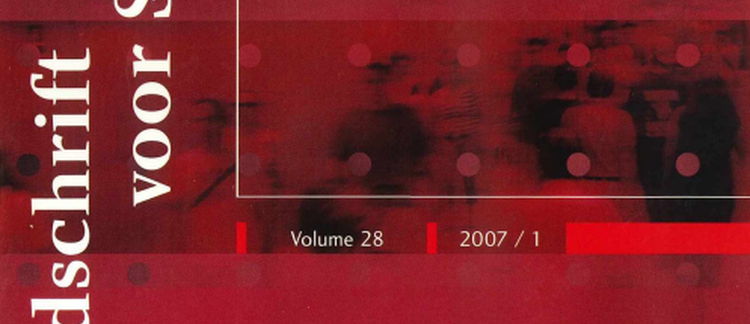Abstract
Social contacts with family, friends and acquaintances open up a world. Using data from the survey of living conditions of elderly persons in Flanders, this article focuses on the social contacts of the elderly from the perspective of the social integration approach, referring to the quantity of social contacts, the type and the frequency of contact. Next, the subjective component is integrated: the degree of loneliness of elderly people. Although contact with different relation categories decreases over time, there is no increase in the proportion of elderly feeling lonely. A logistic regression proves that living alone, a negative health perception and bad financial conditions, are important predictors of loneliness. The absence of formerly exercised activities too has an impact on loneliness. In contrast to the preconceived hypothesis, the actual social contacts are not significant, but the preferred contacts are: elderly people who are dissatisfied with their collateral and non-family relationships and do want additional contacts are more vulnerable for feelings of loneliness.
How to Cite:
Vanderleyden, L. & Heylen, L., (2007) “Ouderen, hun sociale contacten en de beleving ervan: continuïteit of verandering?”, Tijdschrift voor Sociologie 28(1), 52–78. doi: https://doi.org/10.21825/sociologos.86673
Downloads:
Download PDF
View PDF


